By Cui Bailu, Xiao Yudi & Wen Longjie from CNS
The first Wuyi Forum hosted by Renmin University of China was held in Wuyishan, Nanping City of East China's Fujian Province in March. Scholars from home and abroad share their views on Chinese culture and diversity of civilizations.
The ancient Chinese concept of Tianxia (all under heaven), is an old world view of China with contemporary applications. This philosophy underpins China to embark on diplomacy that is unique and different from the usual manner in which most other states in world politics do. How does the concept of Tianxia originate? Why does it shape the philosophy underpinning China’s current diplomacy?
During the forum, Salikyu Sangtam, an Associate Professor in the Department of Political Science at Tetso College in Dimapur, India, accepted an exclusive interview by CNS, sharing his views on the philosophy of Tianxia in Chinese diplomacy.
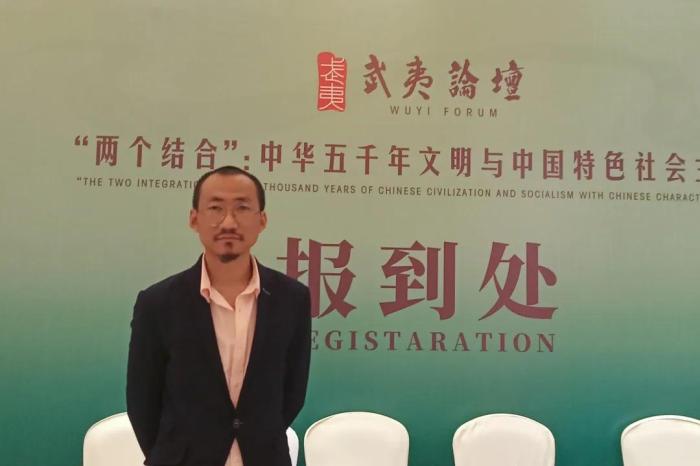
Here are excerpts from the interview:
CNS: You have long been engaged in Chinese political thoughts. How do Chinese thoughts inspired you during your research?
Salikyu Sangtam: My research interests center on political psychology, research methods, and non-western political thoughts, particularly Chinese thoughts (i.e. philosophical, historical, and strategic traditions—primarily perhaps because it is imprudent for anyone to reduce the richness and brilliance of Chinese thoughts into categories such as philosophy, political thoughts, history, etc.). Perhaps my research interests may seem disparate, yet they have a common thread that unites them: exploring non-western knowledge systems/thoughts.
I, in my modest estimation, believe that every society, culture, and peoples think differently. And because they think differently, they do things differently. Of course, such differences are due to the different lived experiential and societal realities, which are evident if we simply give a panoramic exploration into the various philosophies, historical, political, literary, and ethnographical studies.
I still am profoundly inspired by the virtues mentioned in the Shu Jing, Shi Jing, Li Jing, Yi Jing, Chunqiu as well as the works and life of Kongzi (and his work, Lunyu), Mengzi, Laozi, Sunzi, King Wen of Zhou. Indeed, I also highly admired the skill and acumen of Zhuge Liang, the lyrical poems of Li Bai of the Tang period, the literary works of Luo Guanzhong, and, most importantly, the resilience, big-heartedness, and the uniqueness of the Chinese people and its culture. For me what Kongzi’s Lunyu says is true: “The virtue of the gentleman is like the wind and the virtue of the common people is like the grass: when the wind moves, the grass is sure to bend.” I am bent by “the wind,” if you will.
I titled my topic at the Wuyi Forum, “Seeking Tianxia (All-under-Heaven): The Dao of Two Integrations.” The paper posits that underlying the two integrations (i.e. integrating the basic tenets of Marxism with China's specific realities, and integrating these tenets with the best of China's traditional culture), lies a driving force (the “Chinese Characteristics”), i.e. the dao (the way), that underpin the successful integration of the “first integration” as well as the quest toward the attainment of the “second integration.” This “dao” is the vital Chinese concept of “Tianxia.” This concept, which is as old as the Chinese civilization itself, with all its diverse senses and connotations is what steering ethos propelling the train of history toward China's unique path of modernization and the realization of a distinctly modern Chinese civilization. This cultural essence encapsulates “Why China is China.” And with the pursuit toward the attainment of the “second integration” through Tianxia, China not only forges a path uniquely its own but also emerges as a new model for human advancements that encourages mutual understanding, respect, and harmony between human civilizations “all-under-heaven.”








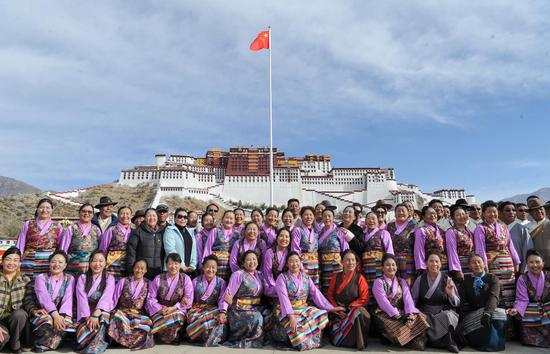
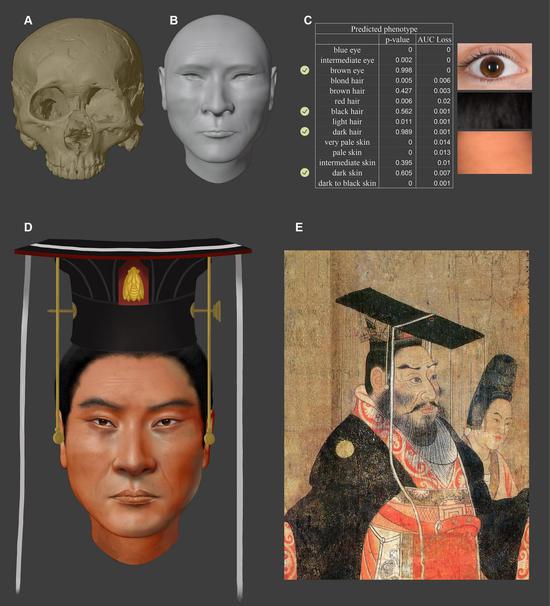

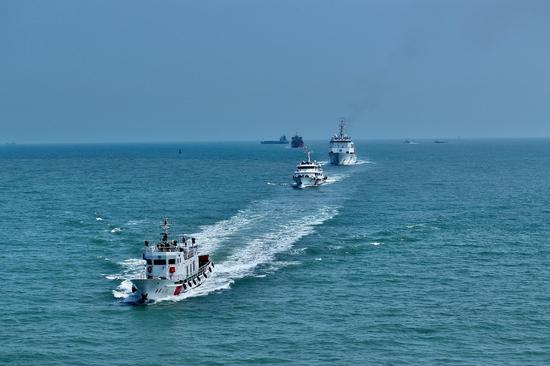

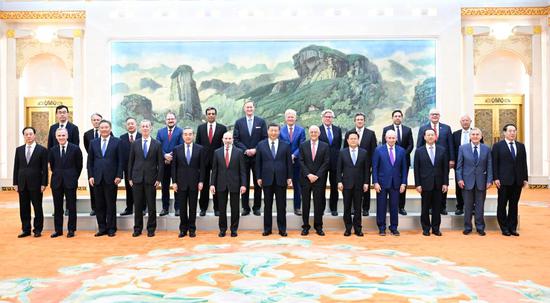
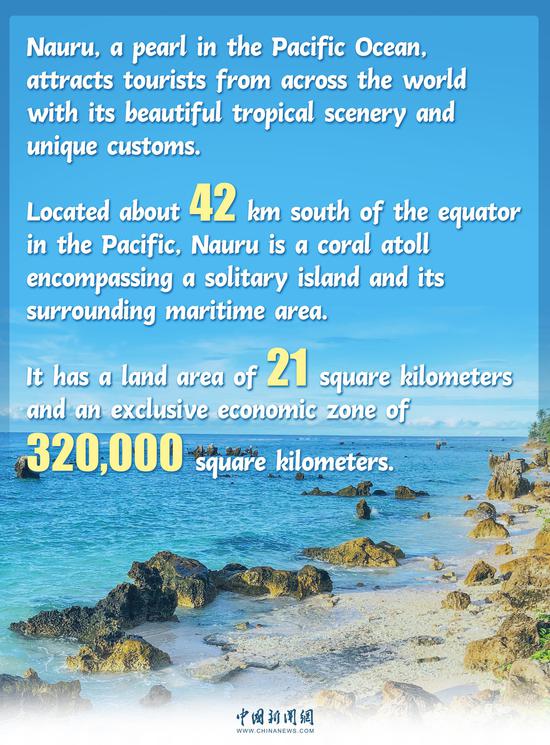
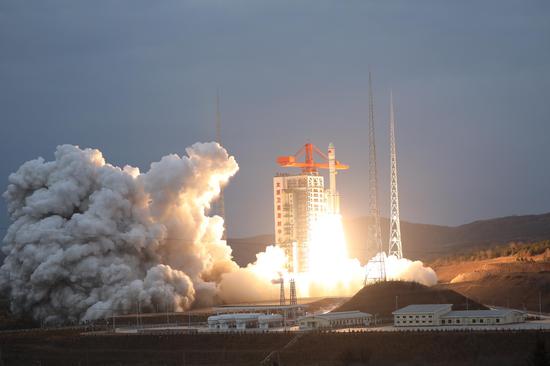

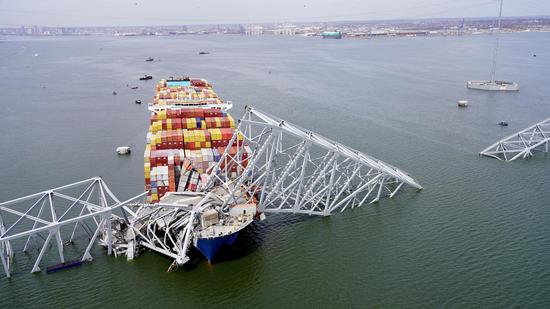
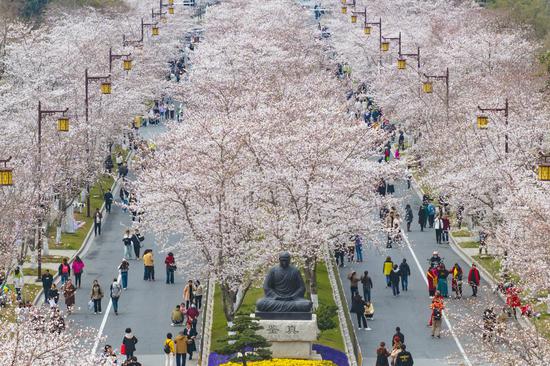


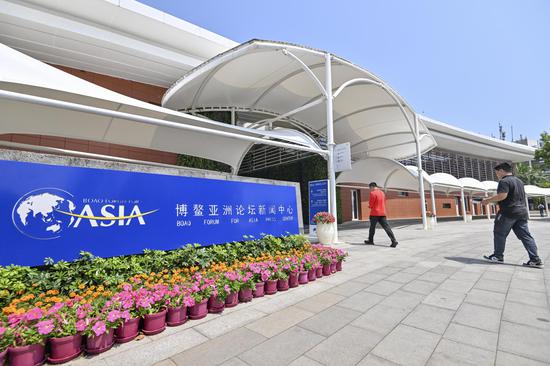
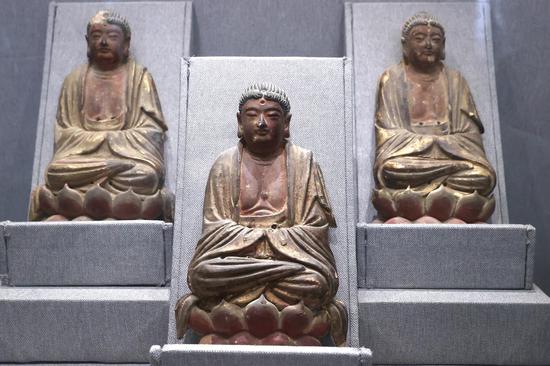

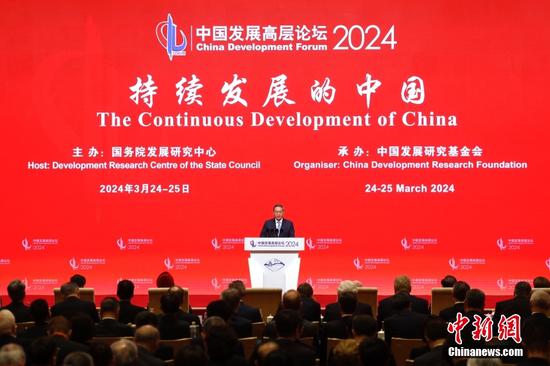
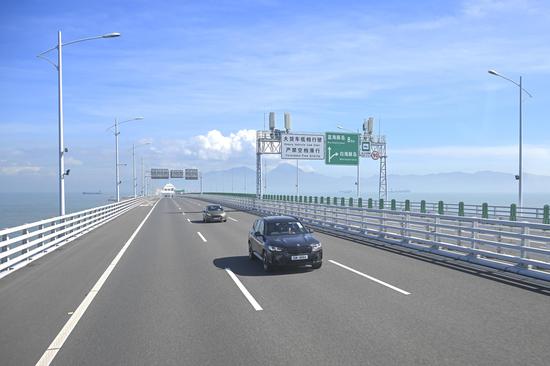


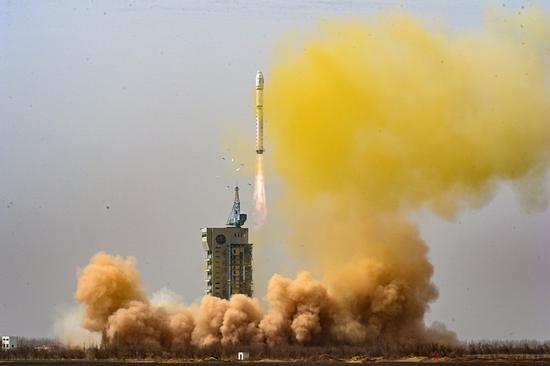
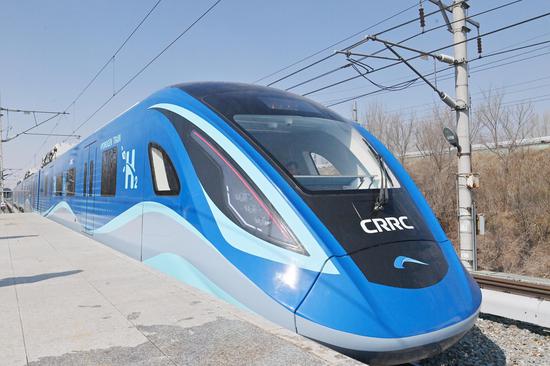
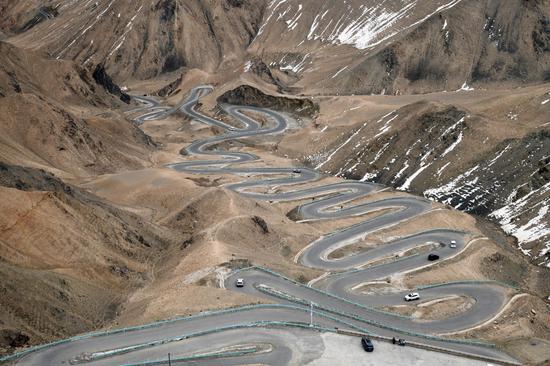

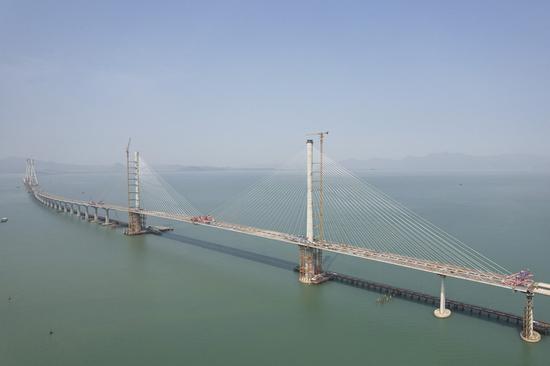


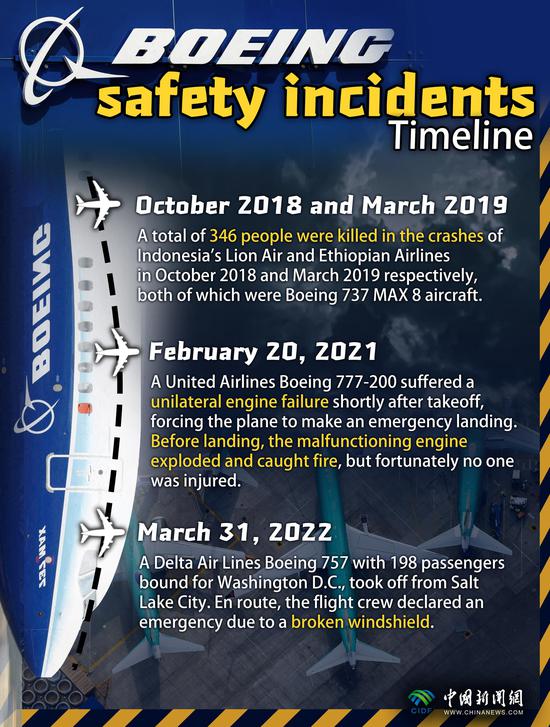
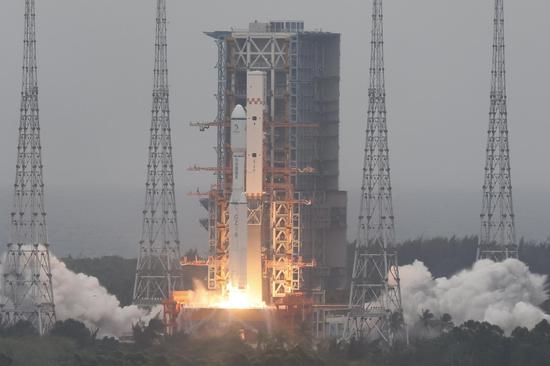

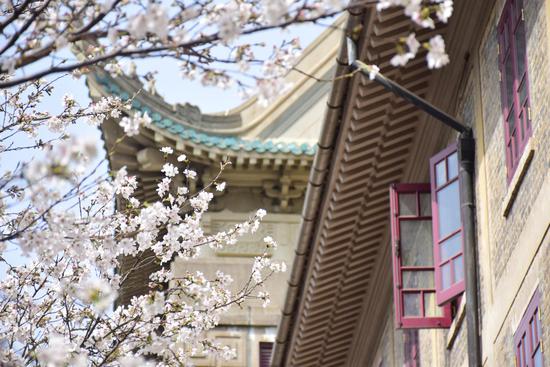
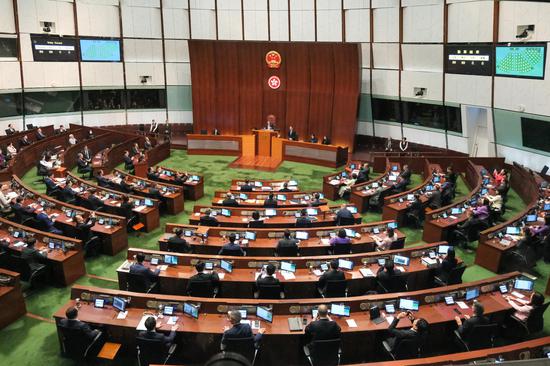
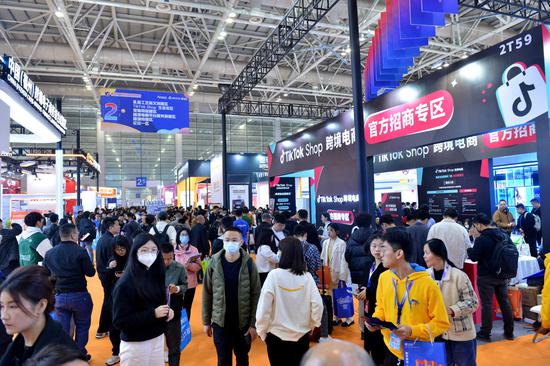
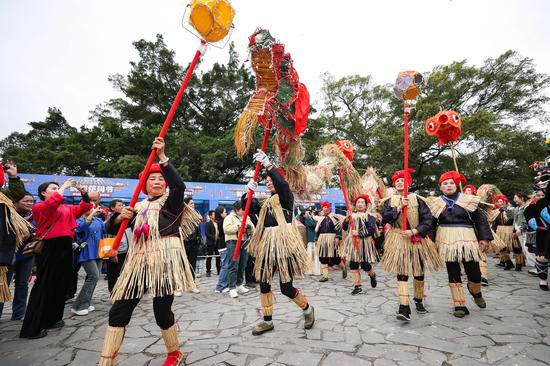
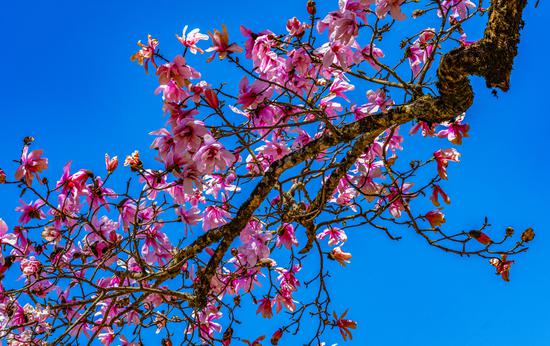

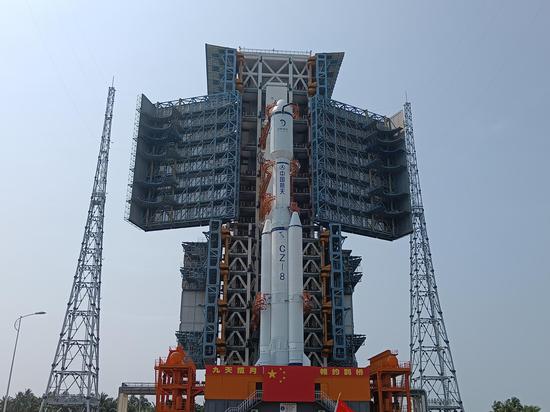





 京公网安备 11010202009201号
京公网安备 11010202009201号